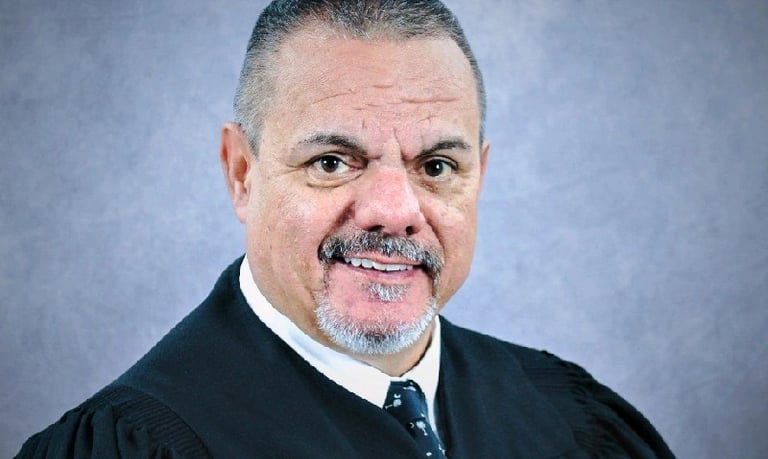Probate Court Judge Danny Singleton Has No Law Degree and Has Limited Knowledge of the Law
OCONEE PROBATE COURT


Reports from within the court system indicate that Singleton's lack of formal legal education and knowledge is having a detrimental impact. Allegedly, he is mixing criminal matters into probate proceedings and treating individuals in probate court as if they were criminal offenders. Singleton has been threatening to issue arrest warrants and is micro-managing his staff as if they were pets with a neck ring.
In a damning revelation that has shocked the local community, it has come to light that Danny Singleton, the long-time Seneca Municipal Court Judge and current Oconee County probate judge, does not possess a law degree. Despite the fact that a law degree is not a requirement for serving in South Carolina's probate court, this deficiency has raised significant concerns about his legal knowledge and ability to preside over complex probate matters.
Singleton has a career spanning over three decades in local law enforcement and municipal courts. He began with the Westminster Police Department in 1990, later serving with the Seneca Police. In November 1998, he was appointed as the Municipal Court Judge for the City of Seneca. His judicial experience also includes serving on the bench in Westminster, Walhalla, and as a back-up judge for the Town of Salem.
However, it is important to note that municipal courts primarily deal with petty crimes and minor civil disputes, which are less demanding of legal knowledge. Critics argue that this limited scope of experience does not adequately prepare Singleton for the probate court, where a deep understanding of intricate legal principles governing estates, wills, and trusts is crucial.
Making matters worse, Singleton only completed high school and went on to earn a two-year police science degree from Oconee Tri-County Technical College. He does not hold any formal college degree. In the probate court, where cases are often intricate and demand in-depth legal knowledge, Singleton reportedly relies heavily on the arguments of crooked lawyers to make his rulings. This puts pro se litigants at a significant disadvantage, as the judge tends to accept whatever attorneys say as accurate, given his lack of legal training. This has resulted in rulings that frequently disfavor pro se litigants, even when some of these litigants understand the law better than the judge and the lawyers involved.
Reports from within the court system indicate that Singleton's lack of formal legal education and knowledge is having a detrimental impact. Allegedly, he is mixing criminal matters into probate proceedings and treating individuals in probate court as if they were criminal offenders. This approach is a significant deviation from the nuanced and empathetic handling typically required in probate cases, which often involve sensitive family matters and financial affairs. Singleton has been threatening to issue arrest warrants and is micro-managing his staff as if they were pets with a neck ring.
Singleton’s appointment to the Summary Court Judges Advisory Committee, a nine-member board that provides recommendations for improving the administration of summary courts in South Carolina, underscores the misplaced trust in his judgment despite his lack of formal legal education. Yet, this trust is being increasingly questioned in light of his poor performance in the probate court.
Danny Singleton is the Probate Judge of Oconee County, South Carolina, elected in 2022. Before becoming the Probate Judge, Singleton was a Municipal Court Judge in Oconee County. As the community grapples with this revelation, the debate intensifies over the qualifications necessary for such a critical judicial position. This exposure of Singleton's incompetence and lack of proper legal training paints a picture of a judge ill-equipped to handle the responsibilities of his office, ultimately failing the very citizens he is supposed to serve. Singleton's background as a police tyrant is ill-suited for the probate court, where people have lost their loved ones and require compassion, not being treated like criminals.
